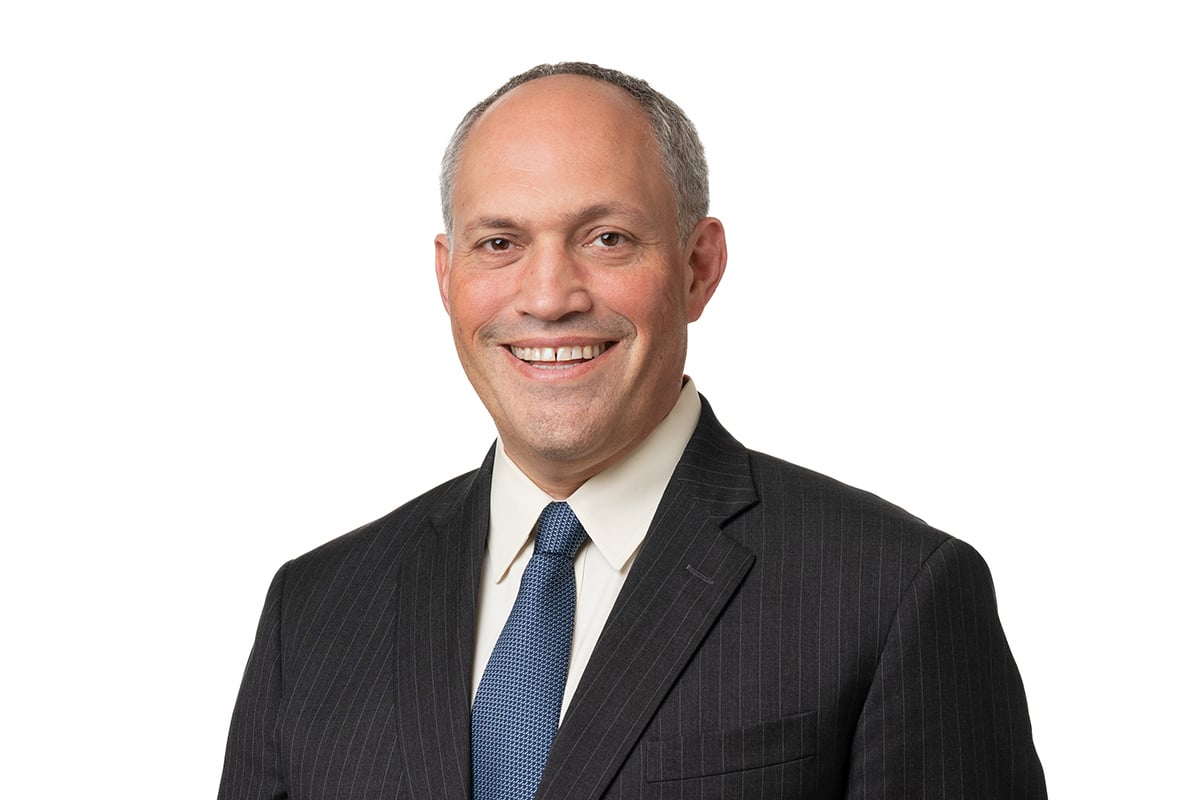Stop giving Iraqi Kurds a free pass on religious freedom

2023-02-20 19:34:53
Masrour Barzani, prime minister of the Kurdistan Regional Government in Iraq, describes himself as protector of religious minorities. Under his watch, the Kurdish government’s official website states, "some of the most vulnerable communities in the Middle East have been sheltered and protected. Erbil, the seat of the Kurdistan Region Parliament is now home to a thriving community of Middle East Christians who have been granted long term refuge from persecution."
That myth is not the reality Yezidis, Christians and other minorities experience in Iraqi Kurdistan.
Take the Yezidis: It was the duplicity of both Masrour and father Masoud that allowed the Yezidi genocide to occur. Masoud sold arms to the Islamic State to weaken Baghdad rivals. He never expected blowback on Kurdistan. The Islamic State’s rise may have surprised the West, but not Yezidis. Masrour refused Yezidi requests to reinforce their villages or provide Yezidis weapons to defend themselves. When the Islamic State overran Yezidi villages, Masrour’s forces not only fled but also then diverted much of the weaponry donated to fight the Islamic State. Had it not been for Barzani cowardice, there would have been no Yezidi genocide. To this day, Masrour refuses to release airport manifests to protect the reputation of family and friends who tried to flee.
The Barzanis collect cash to rebuild Yezidi villages in Sinjar and Christian communities, but impede free movement to prevent the return of any who do not subordinate themselves to Barzani political domination. NGOs cannot operate independently. Yezidis say that even Nadia Murad, who won the 2018 Nobel Peace Prize because of her advocacy on behalf of the Yezidis, cannot speak openly for fear of reprisals by Masrour and his violent younger brother, Waysi, against the community.
While land-grabbing by Iranian-backed Shi’ite militias impede the return of Christians to ancestral villages, Barzani’s political party and peshmerga do the same as they enrich themselves with land speculation. This fits a long pattern. When Pope Francis flew into Erbil, he appeared unaware that Barzani’s government seized much of the lands surrounding the airport from Christians with neither warning nor reimbursement. Barzani cronies built many of the malls and housing projects on confiscated Christian property. To complain is to face arrest. Many Christians still hold deeds to land subsequently confiscated in and around the Barzani stronghold of Duhok and Zakho. Barzani’s militias harass to compel eviction. For example, they moved a checkpoint to force Christians around Alqosh to drive two hours in order to access their own farmland five minutes away.
Other discrimination is evident. Christian villages often have bad roads and no streetlights, while neighboring Kurdish communities have paved roads and ample electricity. The Barzanis refuse to grant permits for Christians to build or expand houses and businesses unless they first contract Barzani-loyalists and Muslim partners, and often overrule local governments on the construction of new water systems.
Masrour’s administration forces Assyrian children to go to Kurdish and Muslim schools by refusing to fund schools in Christian villages. He refuses to allow the Akitu and Nassiban Assyrian schools in Dohuk to expand on their own land. Most recently, Assyrian activists say Masrour’s government now bans the word "Assyrian" in the name of new businesses.
What the Barzanis describe as religious freedom is really the manifestation of a deeply inculcated sense of supremacy. They approach Yezidis and Christians as dhimmi, second class citizens whose freedom of religion depends upon a willingness to subordinate themselves to the de facto sultan’s rule. Those who oppose the Barzanis politically, enjoy greatly diminished religious rights.
The fact that Congress gives the Kurdistan Regional Government a free pass on religious freedom violations only encourages Masrour to double down on discrimination. Enough is enough. It is time Secretary of State Antony Blinken place Iraqi Kurdistan on the State Department’s religious freedom watch list.
Michael Rubin is a contributor to the Washington Examiner's Beltway Confidential. He is a senior fellow at the American Enterprise Institute.




.jpg)

.jpg)

.jpg)
.jpg)
.jpg)